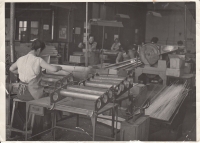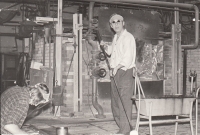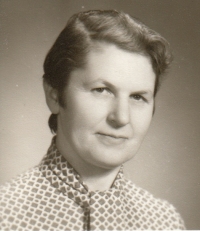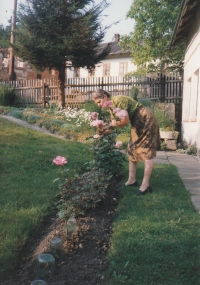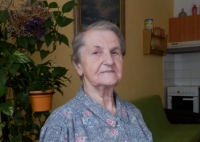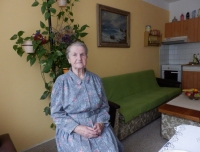The expulsion of the Germans came, and I suddenly lost all my friends

Download image
Miloslava Medová, né Filipová, was born on May 5, 1932 in Rousínov village (a part of a village that is nowadays callled Svor) near Nový Bor. She spent her childhood and a part of her adult life in Rousínov, where many glass factories and grinderies were located. After Munich in 1938 the family went to relatives in the Vysočina region and return back after a few months when the situation in the Sudetenland was calmer. She had good relations with German fellow citizens before and during the war, and very badly carried the post-war relocation of German friends and acquaintances from Rousínov. At the age of fourteen, she joined the dispatch company in Nový Bor as a translator and a controller of glass products. She worked there until 1950 including a short break. In 1954 she married Alfred Med. She spent most of her career in the glass factory in Svor. She experienced the August occupation of the Warsaw Pact armies. The whole family had problems with the ruling regime, refusing to join the Communist Party. Together with her husband they raised three children: Sona, Joseph and Sylva. She retired in 1986. In 2019 she lived in Nový Bor.






















